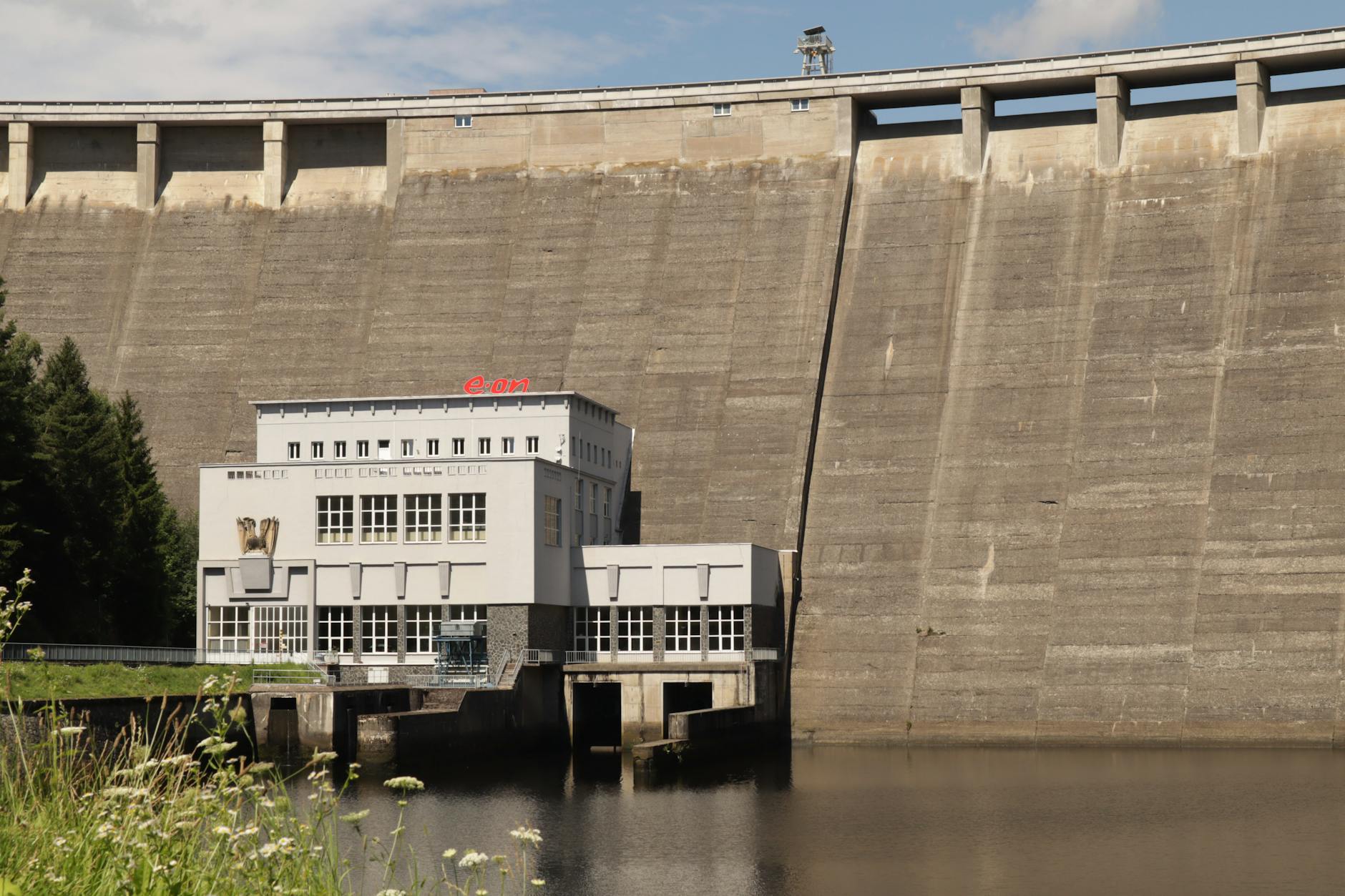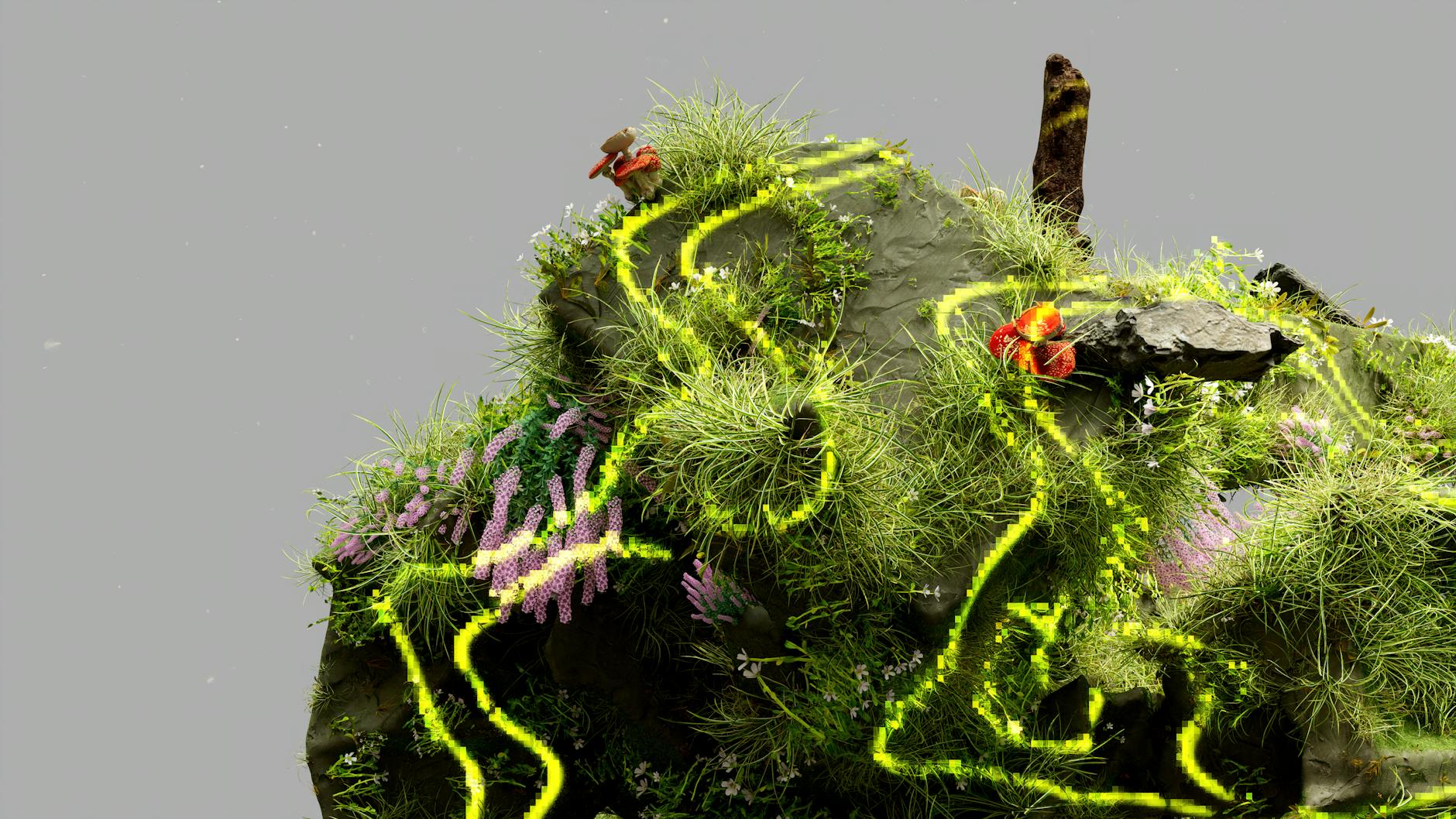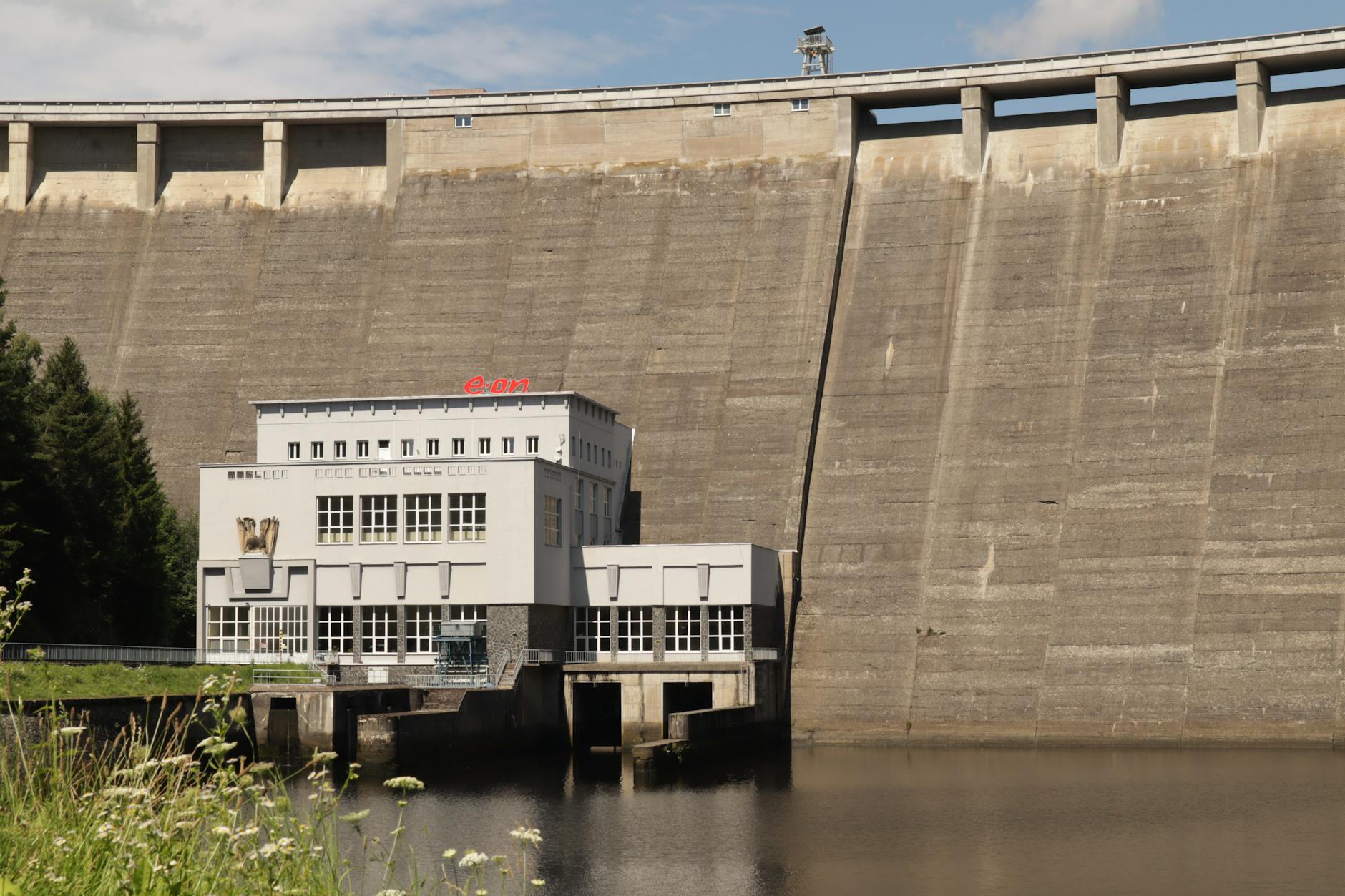AI-Powered Drones Revolutionize Construction Efficiency
The use of cutting-edge technology in the construction industry has brought about a significant transformation in the way projects are planned, executed, and monitored. Among the most revolutionary advancements is the integration of artificial intelligence (AI) with drones, which has enabled construction companies to enhance efficiency, accuracy, and safety in their operations. By utilizing AI-powered drones, construction firms can now gather real-time data, conduct site surveys, monitor progress, and even perform tasks that were once considered too risky or time-consuming. This article delves into the impact of AI-powered drones on construction efficiency and how they are reshaping the future of the industry.
The Rise of AI-Powered Drones in Construction
In recent years, the construction sector has witnessed a rapid adoption of drone technology to streamline various aspects of project management. AI-powered drones, equipped with advanced sensors and software algorithms, have emerged as game-changers in enhancing productivity and efficiency on construction sites. These drones have the capability to autonomously navigate job sites, collect data, and analyze information in real-time, providing construction teams with invaluable insights and actionable intelligence.
Enhanced Site Surveys and Inspections
One of the key advantages of AI-powered drones in construction is their ability to conduct accurate site surveys and inspections with unprecedented speed and precision. By utilizing high-resolution cameras, LiDAR technology, and thermal imaging sensors, these drones can capture detailed images and data points of construction sites, structures, and infrastructure. The AI algorithms embedded in the drone software can then analyze this data to identify potential issues, track progress, and generate 3D models or maps of the site. This level of detailed analysis not only improves decision-making but also helps in detecting flaws or deviations early on, thereby reducing rework and ensuring quality control.
Optimized Project Management and Monitoring
AI-powered drones play a crucial role in optimizing project management by providing real-time monitoring and surveillance capabilities. Construction managers can remotely access live video feeds and aerial images captured by drones, allowing them to oversee multiple aspects of the project simultaneously. This real-time visibility enables quick decision-making, progress tracking, and resource allocation based on accurate data. Moreover, drones equipped with AI can identify safety hazards, monitor equipment usage, and even assist in inventory management by tracking materials on-site. By automating these tasks, construction companies can streamline operations, minimize delays, and enhance overall project efficiency.
Precision Construction and Task Automation
With the integration of AI, drones are now capable of performing complex tasks with a level of precision that was previously unattainable. AI algorithms allow drones to navigate tight spaces, avoid obstacles, and execute tasks such as aerial mapping, land surveying, and volumetric measurements with unparalleled accuracy. This precision not only improves construction efficiency but also reduces human error and enhances safety on-site. Furthermore, AI-powered drones can be programmed to perform repetitive or hazardous tasks autonomously, freeing up human resources for more strategic and skilled jobs.
Future Prospects and Industry Impact
The incorporation of AI-powered drones in the construction industry is poised to revolutionize the way projects are planned, executed, and monitored in the future. As technology continues to advance, drones equipped with AI are expected to become more intelligent, versatile, and cost-effective. From predictive maintenance and quality assurance to environmental monitoring and hazard detection, the potential applications of AI-powered drones in construction are vast. By leveraging these capabilities, construction companies can boost productivity, reduce costs, and ensure project success in an increasingly competitive market.
Conclusion
In conclusion, AI-powered drones are driving a paradigm shift in the construction industry, ushering in a new era of efficiency, innovation, and safety. By harnessing the power of artificial intelligence and drone technology, construction firms can achieve higher levels of productivity, accuracy, and sustainability in their operations. As AI continues to evolve and drones become more integrated into construction processes, the possibilities for enhancing efficiency and achieving groundbreaking results are limitless. Embracing this transformative technology is not just a competitive advantage but a necessity for construction companies looking to thrive in the digital age.


